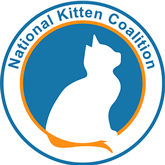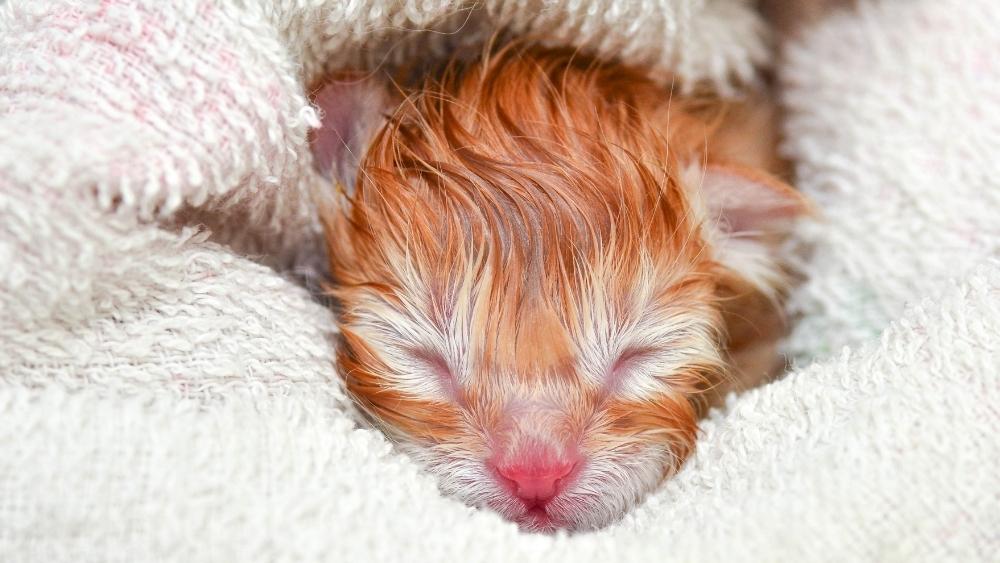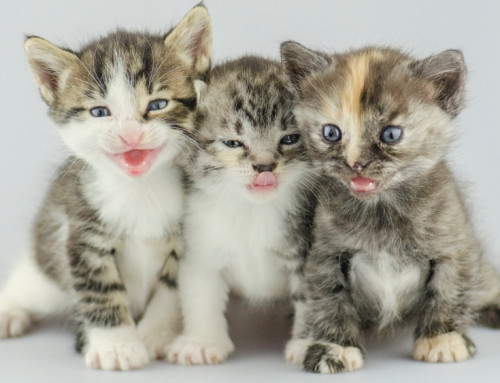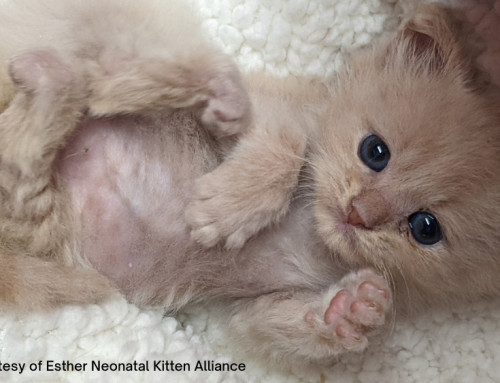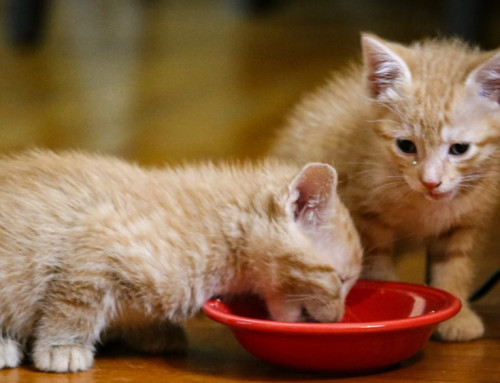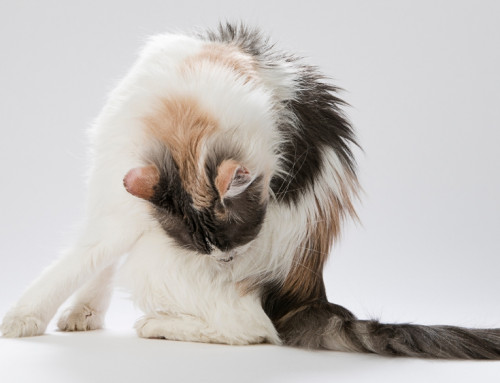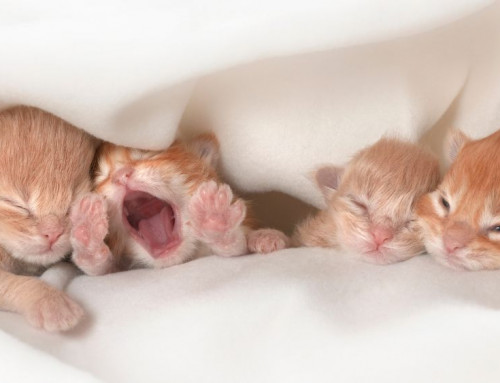Share this resource or email it to a friend!
Feline neonatal isoerythrolysis (FNI) is a serious, life-threatening condition in which a blood type B queen’s (mother cat’s) antibodies attack the red blood cells of her nursing blood type A or AB kittens. In the case of FNI, neonatal refers to newborn, and isoerythrolysis refers to the destruction of red blood cells of the same species.
Cats have three blood types: A, B and AB, which is sometimes called C since it doesn’t occur due to a cross between blood types A and B. Feline blood types have been shown to vary depending on the breed of cat and the geographical location; however, blood type A occurs in 85-100% of non-pedigreed cats worldwide.
Kittens receive colostrum, which is present in the queen’s milk, for 12-24 hours after birth. It’s only during that time that a kitten’s digestive tract is able to absorb the antibodies against common diseases and other blood types contained in colostrum. Once absorbed, the antibodies enter the kitten’s bloodstream where the queen’s anti-A antibodies attack and destroy the red blood cells of the type A or AB kitten.
The symptoms of FNI are usually noticed in kittens within the first few hours or within several days after birth. They include dark red or brown urine, pale mucous membranes (indicating anemia), jaundice (yellowing of the skin), lethargy, weakness and difficulty breathing. However, symptoms may not even be noticed, as the kittens are usually born healthy but can die quickly depending on the amount of antibodies ingested. Kittens who survive may develop necrosis (tissue death) at the tip of the tail due to decreased circulation to the extremities.
If cats are bred, blood typing can be done prior to breeding to avoid mating type B females to type A or AB males. Blood typing non-pedigreed cats is not cost-effective or time efficient for animal shelters and rescue organizations because most of these cats are blood type A and will not have a problem with isoerythrolysis.
However, some breeds of cats, for example, Turkish Van, Birman or Devon Rexes, and some geographic locations, are known to have a higher incidence of type B queens. If there are known B queens in a Trap-Neuter-Return group, queens should be blood typed before giving birth; the blood type of the kittens can be determined using umbilical blood immediately following birth.
If the queen is blood type B and the kittens are type A or AB, they must be removed immediately or as soon as possible after birth to prevent nursing on the queen.The kittens must be bottle fed with a kitten milk replacer. To protect the kittens, isolation and sanitation protocols are required.
After 24 hours, when antibodies can no longer pass from their intestine into their bloodstream, kittens can be returned to their mother. Reuniting the family is also very important in terms of the kittens receiving the best care possible from the mom, as well as learning important lessons from their mom and littermates.
Some kittens may require hospitalization with intensive nursing care, blood transfusions, parenteral serum administration (from a blood-typed donor), etc. Early vaccination should be considered for these kittens to protect them from other diseases.
Although FNI is rare, mortality rates are high. That’s why preventing FNI is important, and recognizing and treating FNI immediately is critical to saving the lives of kittens.
